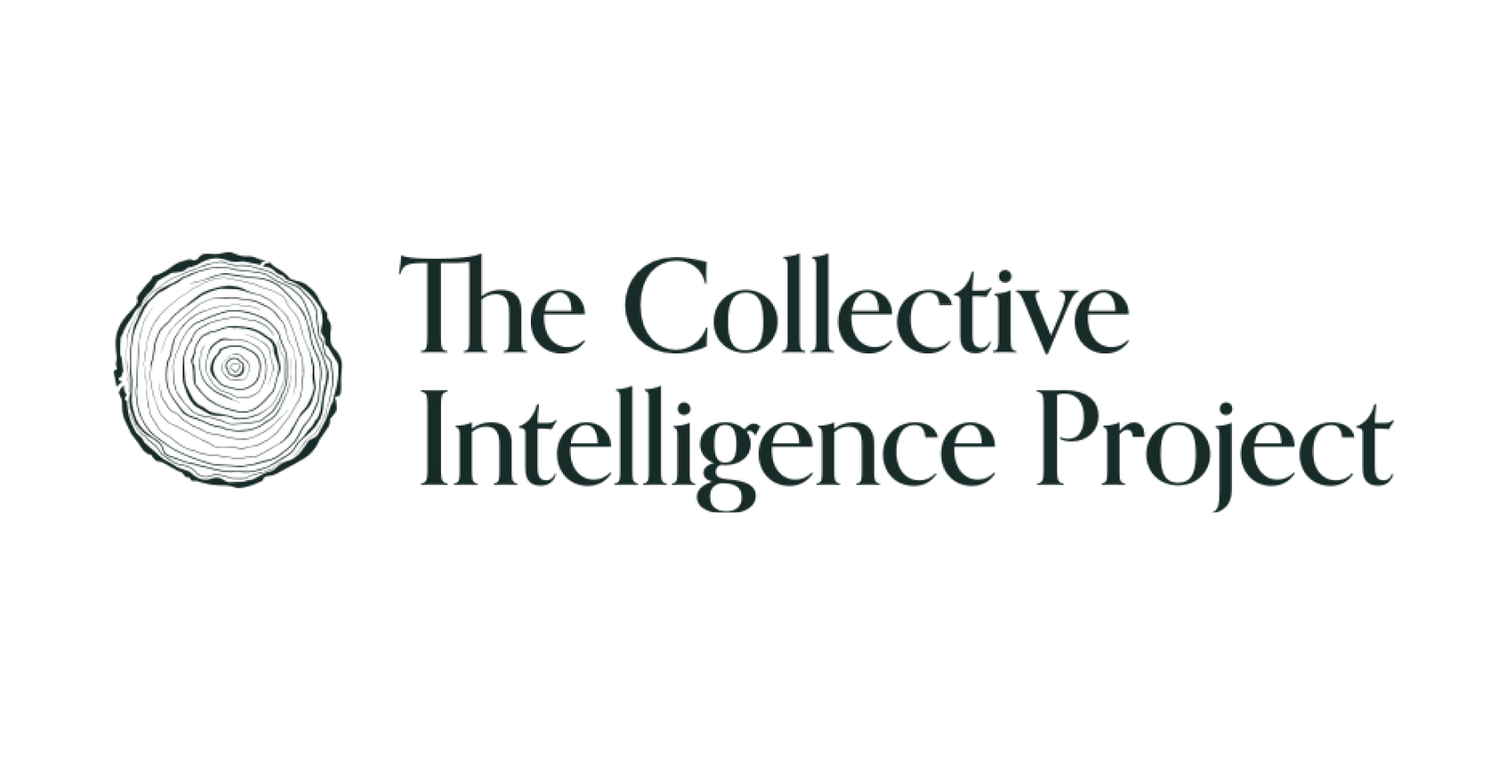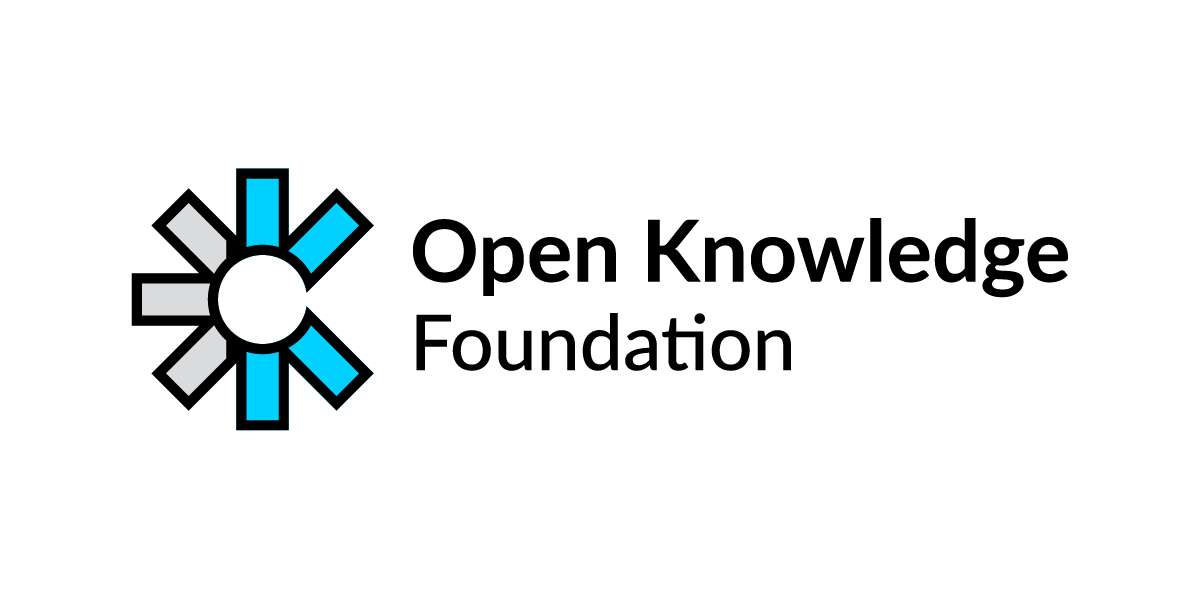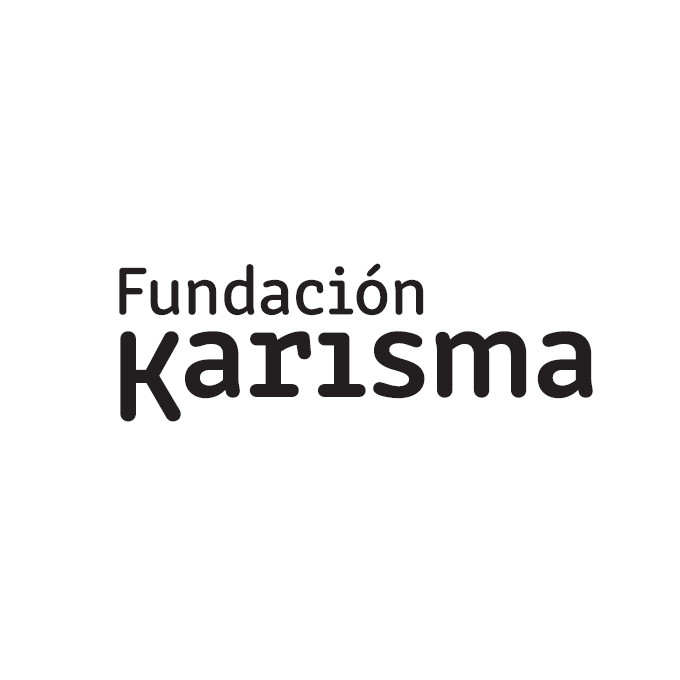About
About The Assembly
The purpose of this online Alignment Assembly with the open movement activists, creators, and organizations building and stewarding the digital commons is to explore principles and considerations for regulating generative AI. The assembly is being hosted by Open Future, Fundacion Karisma, and Creative Commons.
Who is it for?
We want to bring to the conversation the perspectives of:
- Activists and experts, including digital rights advocates, legal experts
- Stewards: people from organizations that steward collections that are part of the Digital Commons such as Wikimedia, Open Access repositories, and heritage collections
- Creators: people who create works that form part of the Digital Commons, broadly: not only visual artists and musicians but also researchers who do open science or open source AI programmers
Background
One of the most pressing questions facing open movement activists, creators, and organizations is how artificial intelligence (AI) will shape and affect the Digital Commons. So much of generative AI is built on the digital infrastructure of the commons and uses the vast quantity of images, text, video, and rich data resources of the internet. Organizations train their models with trillions of tokens from publicly available datasets like CommonCrawl, GitHub open source projects, Wikipedia, and ArXiV.
Access to the Commons has enabled incredible innovations while creating the conditions for the concentration of power in entities that are able to amass the immense energy and data needed to train a generative AI. Community consultations at conferences like Mozfest, RightsCon, Creative Commons Summit, and Wikimania have also revealed concerns about transparency, bias, fairness, and attribution in AI.
The Alignment Assembly on AI and the Commons builds on work from Creative Commons’s summit AI and the Commons in October, where Open Future and Creative Commons hosted a workshop on generative AI and its impact on the commons. The group agreed and released seven principles for regulating generative AI.
Outcomes
We treat the principles as a starting point. We are using the assembly methodology and the pol.is a tool to understand where there is consensus and which principles generate controversy. In particular, how much alignment there is between the perspectives of activists, creators, and stewards of the commons.
At the end of the process, we will produce a report with the outcomes of the assembly and a proposal for a refined set of principles. As the policy debate about the commons and AI develops, we hope the assembly will provide insights into better regulation of generative AI.
More information about the methodology can be found in the FAQ.
About Open Future
Open Future is a European think tank. Its focus is on developing new approaches to an open internet that maximize societal benefits of shared data, knowledge, and culture.
Partners
Join our list of committed audience members! Email Shannon at shannonyrshong@gmail.com to join.
Creative Commons

Collective Intelligence Project

Open Knowledge Foundation

Fundación Karisma

Communia Association
Acerca del Sondeo
El propósito de este Sondeo de Alineación consiste en explorar los principios y posibles consideraciones para la regulacion de la IA generativa junto con activistas del movimiento de lo abierto, creadorxes y organizaciones que construyen y administran los bienes comunes digitales. Este sondeo es organizado por Open Future, Fundación Karisma y Creative Commons.
¿A quién va dirigido este sondeo?
Para esta conversación queremos recoger las perspectivas de:
- Activistas y expertxs, incluyendo a defensorxes de derechos digitales, a expertxs en asuntos legales;
- Gestorxs: Personas de organizaciones que administren colecciones que son parte de los Bienes Comunes Digitales como lo son Wikimedia, repositorios de Acceso Abierto, y colecciones patrimoniales;
- Creadorxs: personas que crean obras que forman parte de los Bienes Comunes digitales, entre los que se incluyen no sólo artistas visuales y músicxs, sino que de manera amplia, recoge también a investigadores que hacen ciencia abierta o programadores de IA de código abierto.
Contexto
Una de las preguntas más demandantes a la cual se ha enfrentado el movimiento global de activistas, creadorxs y organizaciones que defienden las políticas de acceso abierto en entornos digitales, consiste en entender cómo podría afectar y modelar la inteligencia artificial (IA) generativa a los bienes comunes digitales. Mucha de la IA generativa es construída desde la infraestructura digital de los bienes comunes y se alimenta de una basta cantidad de imágenes, textos, videos y recursos de datos de acceso abierto en internet. Las organizaciones de diferente tipo entrenan sus modelos con billones de tokens procedentes de conjuntos de datos de acceso público como CommonCrawl, los proyectos de código abierto de GitHub, Wikipedia y ArXiV.
El acceso a los bienes comunes ha permitido innovaciones increíbles, mientras que simultáneamente ha creado las condiciones para la concentración de poder en entidades capaces de conducir la inmensa energía y los datos necesarios para entrenar una IA generativa. Sobre este tema, las consultas a la comunidad en conferencias como Mozfest, RightsCon, Creative Commons Summit y Wikimania también han puesto de manifiesto la preocupación por la transparencia, la parcialidad, la imparcialidad y la atribución en la IA.
Resultados
Consideramos que los siete principios funcionan como un punto de partida para ampliar esta conversación. Utilizaremos la metodología del Sondeo de Alineación y pol.is, una herramienta digital que permite entender dónde hay consenso y qué principios generan controversia. Nuestra expectativa al usar esta herramienta en particular, es poder visualizar el grado de coincidencia entre las perspectivas de lxs activistas, lxs creadorxs y los gestorxes de los bienes comunes. Al final del proceso, elaboraremos un informe con los resultados del sondeo y una propuesta de conjunto de principios perfeccionados. A medida que se desarrolle el debate político sobre los bienes comunes y la IA, esperamos que el sondeo aporte ideas para una mejor regulación de la IA generativa.
Para más información sobre la metodología puedes consultar el FAQ.
Acerca de Open Future
Open Future es un think tank europeo. Su objetivo es desarrollar nuevos enfoques para una internet abierta que maximice los beneficios sociales del ejercicio de compartir datos, conocimiento y cultura.